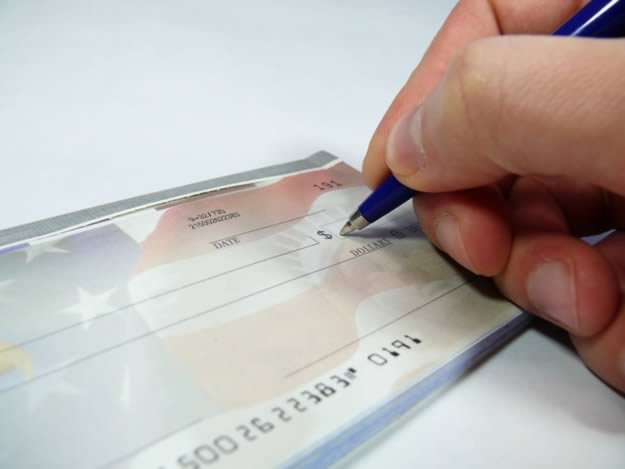Student checking accounts don't all make the grade
Published 11/15/10 (Modified 3/17/11)  By Peter Andrew
By Peter Andrew
Student checking accounts in ancient history
As a student, I had a novel approach to the management of my personal finances. Let's call it the Ostrich Strategy because it mainly involved burying my head in the sand. Each semester various bank statements and (I assumed) increasingly threatening letters arrived from my bank, and these were carefully filed--invariably unopened--in a box under my bed. Twice a year, they were ceremoniously transferred from the box, the envelopes still sealed, into the nearest trash can.
The Ostrich Strategy worked well for me for two main reasons. First, the bank manager was a friend of my parents, and knew that I (or they) would eventually make good on my overdraft. And, secondly, it all happened a long time ago, in those distant days before credit scoring took off.
Student checking accounts now
You may or may not envy me the cavalier approach I was able to take toward my student finances, but one thing's for sure. Today if you try doing what I did some decades ago
by mimicking the behavior of Struthio camelus, you're likely to mess up big time. A dodgy credit score can give you a worse hangover than a frat house party, and it's one that's going to last for years after you graduate.
The good news is not only that you're almost certainly more responsible than I used to be, but also that you
Read the full article » By Marcia Passos Duffy
By Marcia Passos Duffy  By Gina Pogol
By Gina Pogol  By Matt Riddle
By Matt Riddle